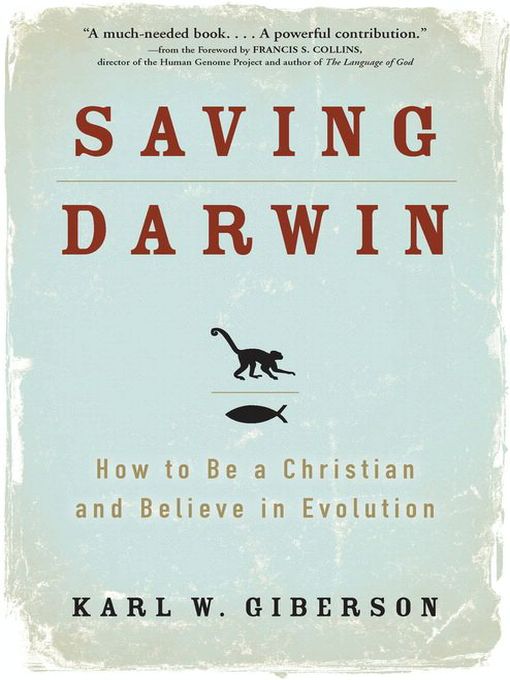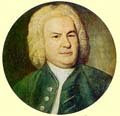
Recently, here in Indianapolis, a four-year-old was taken by emergency personnel to the hospital with a gunshot wound. At first, it was not clear what had happened. The family told police the child had shot himself. The police weren't sure that the preschooler was strong enough to have pulled the trigger of the suspected weapon by himself, and so they wondered if someone else had done it, perhaps a family member.
It turned out the family was correct. The little boy lived in a home with other relatives, at least one of whom had several guns. This uncle left one of his pistols on a bedside table and the child discovered it there. The preschooler picked up, played with it, and shot himself in the hand. Fortunately, his injuries were not life-threatening, though he did nearly sever one of his fingers. All in all, the whole family was lucky, including the little boy's two siblings, neither of whom were hurt.
In evangelicalism, pastors too often play the part of the preschooler with the pistol. The Bible is a powerful, explosive tool. When its power is used with wisdom and love, it brings healing, comfort, direction, and salvation. It forms people and congregations into the image of Christ. When its power is used recklessly and without discernment, the Bible can hurt, divide, and destroy. You can blow your own hand off, or someone else's head.
A friend told me a sad story this week about her small-town church, an independent Bible-believing congregation that prides itself for standing on the Scriptures and not the doctrines of men. They have a young pastor who has been with them a few years now. A while ago, he came to the "Biblical conviction" that they were not running their congregation according to what the Bible teaches about church polity.
At the time, they had a joint board of elders and deacons, which included women deaconesses as well. The board made decisions together as leaders of the church. The pastor did a study and concluded that elders alone should rule the church, that deacons should not be included in the decision-making process, and that in any case, women should not be allowed a vote as leaders on church matters. So, he put the congregation through an extended process to change this, and ultimately got his way through a congregational vote to alter the bylaws.
My friend was one of the vocal minority who spoke against this, and the pastor let her know that her lack of support had been noted. She didn't tell me much about how others felt, or whether this situation threatened to divide the church. However, it was clear that she was troubled and concerned about the health of the church. And then she told me the kicker—while all this was going on, the pastor has been actively pursuing a position in another congregation. He will be leaving soon, right after taking my friend's church through this controversial process and forcing a change in the way they've done things for years.
I was reminded of the preschooler and the pistol. Here is a pastor who believes in the Bible, but does not appreciate its power, nor comprehend its wise use. His reckless application of God's Word has wounded rather than healed God's people. Now he's going to walk away and leave it to someone else to stop the bleeding.
Let me be clear—I am not criticizing the decision this church made. People of faith can differ on church polity and women in leadership and a thousand other matters, and have for centuries. No, my complaint is about a minister who does not understand
Biblical priorities, who showed his
lack of wisdom in elevating a matter that was of minor significance in the church so that it became a leading issue that now threatens to divide them.
This is another aspect of the authority problem in the evangelical world. We subscribe to
Sola Scriptura ("Scripture alone") as our source of authority for faith and practice, but we have far too little appreciation for
proper interpretation and wise application of the Bible's teaching. And too many churches and pastors, especially in the nondenominational or independent Christian world have little or no guidance in the process.
- In that autonomous congregation, which eschews "tradition," what theologically sound and historically proven practices were there to provide perspective, structure, and guidance to this pastor and the members of the congregation?
- In that small-town congregation, what pastoral mentor or overseer was available to tell the young minister, "Look, you may think you've discovered something in the Bible, but with regard to scriptural priorities, this is way down the list of things for a minister in your setting and situation to be concerned about."
- In that nondenominational congregation, what experience or counsel from the larger community of faith was available to help them work through an issue that other churches have dealt with already?
"Scripture Alone" does not mean
"My Bible and Me Alone." Scripture is meant to be studied, interpreted, and applied within a community of faith that honors and respects history and tradition, the larger Body of Christ, and the wise counsel of respected spiritual overseers. Instead, we have too many maverick ministers recklessly taking what they find on the bedside table and firing into the crowd each Sunday.
 I'm no expert on Rick Warren or the ministry of Saddleback Church. I've read a couple of his books and found them unremarkable. He seems to have the facility that many American megachurch pastors have—he can condense the complex and incomprehensible mysteries of God into concise formulas and communicate them clearly, outlining simple pathways for people to follow. He puts the cookies on the bottom shelf.
I'm no expert on Rick Warren or the ministry of Saddleback Church. I've read a couple of his books and found them unremarkable. He seems to have the facility that many American megachurch pastors have—he can condense the complex and incomprehensible mysteries of God into concise formulas and communicate them clearly, outlining simple pathways for people to follow. He puts the cookies on the bottom shelf.



















